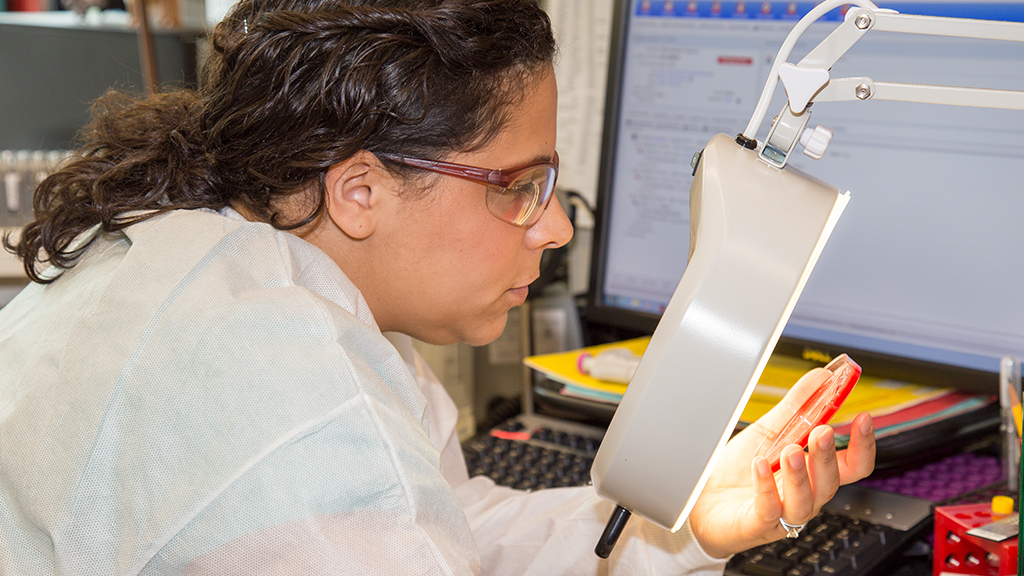Why Veterinary Laboratories and Diagnostic Testing Are Vital for Dogs and Cats
Why Veterinary Laboratories and Diagnostic Testing Are Vital for Dogs and Cats
Blog Article
The health of pets is a top priority, and supporting their wellness requires effort. Veterinary laboratories are pillars of modern pet care in monitoring wellness for companion animals.
Throughout this resource, we’ll examine the importance of veterinary labs and show how labs work with vets.
Understanding Pet Diagnostic Centers
Veterinary laboratories provide health assessments for analyzing health markers. Veterinary professionals use these labs to ensure timely interventions.

Typical procedures usually includes:
- Sample collection: Tissue or fluid samples are gathered during visits.
- In-depth testing: Technicians and machines analyze the findings.
- Analyzing findings: Data supports treatments for targeted interventions.
Common Veterinary Tests for Dogs and Cats
A variety of tests are available for pets to detect illnesses early. Frequently used procedures include:
- Blood analysis: Provide an overall health picture.
- Urinalysis: Evaluate kidney function.
- Stool testing: Spot signs of infections.
- Allergy panels: Identify irritants.
- Structural health assessments: Examine internal structures.
The Benefits of Veterinary Testing
Regular testing helps catch problems early. By identifying issues early, you can prevent serious conditions.

The advantages include:
- Improved health outcomes: Health problems are minimized.
- Avoiding costly emergencies: Small problems are treated before they escalate.
- Trust in their well-being: Feel secure about their health.
análises clínicas veterinária
laboratorio veterinario 24 horaslaboratório diagnóstico veterinário
Conclusion: Veterinary Labs as a Cornerstone of Pet Health
Pet health labs provide the foundation for accurate diagnoses. By scheduling routine tests, you support their quality of life.
Make pet health a priority and give your furry friends the best care possible!
Report this page